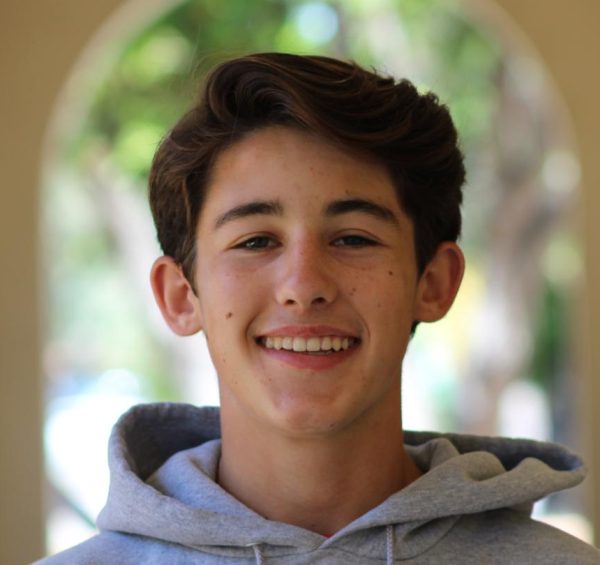The clock ticks as I zone out, losing my attention to the teacher’s lecture. My eyes glaze over as my mind wanders. The teacher’s voice blurs into white noise until it’s completely silent. After what feels like an eternity, the bell rings, and I am brought back to reality.
With countless days of sitting through long class periods, I find it difficult to stay engaged for the entire class.
In contrast, when the content connects to current events or important happenings in our world, classes become more engaging. Teachers should include current events in our day-to-day lessons, so students can connect their learning to their lives and the world around them. For example, Facing History & Ourselves, an organization that provides teachers with resources to link history and current events, said putting a current lens on our studies is important.
“Engaging with current events is an essential part of educating young people to be informed and humane participants in society, helping them develop the capacity to examine issues from multiple perspectives and think critically about the world around them.”
One way to integrate current events into our learning is by making lessons more flexible.
With a set curriculum, meaning it doesn’t adapt to the latest happenings, students might lose motivation and curiosity for learning, preventing them from performing to their best ability.
For example, when we were learning about constitutional monarchies in Europe, the unit happened to overlap with Queen Elizabeth’s death.
However, neither her death nor the transfer of monarchical power was ever mentioned in class. This would have been a great opportunity to engage students by teaching them about the transfer of power in monarchies using a relevant example.
To counter these missed opportunities, Princeton’s newspaper the Princetonian said teachers should create courses with more flexibility. This means connecting their teaching to recent events and making lessons relevant to current affairs, rather than following the same curriculum every year.
“Such a move would increase students’ engagement, bring in new and fresh perspectives on other materials they are learning, and encourage students to contextualize what they are learning in class in light of what is going on in the world around them.”
Some classes at Paly have successfully made this link between learning and students’ lives and are examples of how to make this happen.
For example, in a different history class than the one I talked about earlier, we started the day by watching CNN 10. My teacher managed to connect the video to the day’s lesson, such as discussing former President Donald Trump challenging our democratic norms and institutions.
In freshman year for biology class, we did an interactive project on finding environmental solutions to current problems like climate change. Not only was this a good way to help us learn and remember the content, but it also kept students engaged.
By applying our knowledge from lectures to solve a current problem, the project revealed that what we were learning could be applied in real-life scenarios, giving students some understanding of why we were learning what we were. These are both cases where teachers make learning more relevant to the students through the latest happenings.
Classes should prepare students to be able to solve complex social and global problems, as opposed to only striving for a good grade by memorizing random content. Our educational system should not be set in stone without any adaptability. It should spark students with curiosity and prepare us to deal with relevant problems in the world that we live in.




Gold Coast Drink Driving Lawyers • Dec 4, 2023 at 10:31 am
Absolutely, the call for a more engaging and relevant curriculum is paramount in fostering a dynamic and effective learning environment. Tailoring classes to resonate with the real-world challenges and interests of students not only captures their attention but also ignites a passion for learning. By incorporating practical, hands-on experiences and current, real-life examples, education becomes a powerful tool for empowerment. Let’s advocate for a curriculum that not only imparts knowledge but also cultivates critical thinking, creativity, and a lifelong love for learning. The future of education lies in its ability to adapt and resonate with the evolving needs of students in a rapidly changing world.